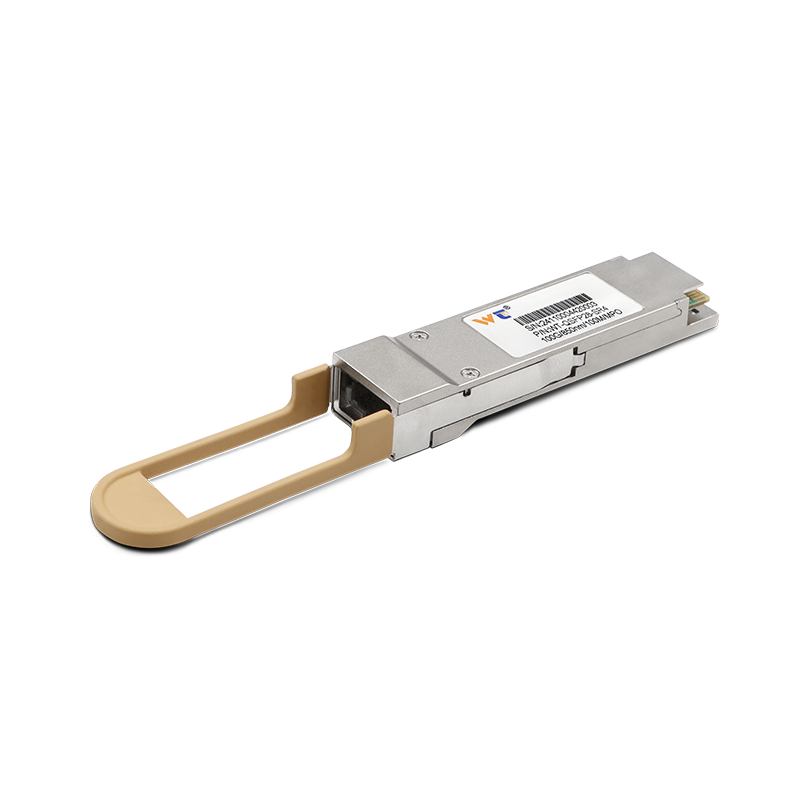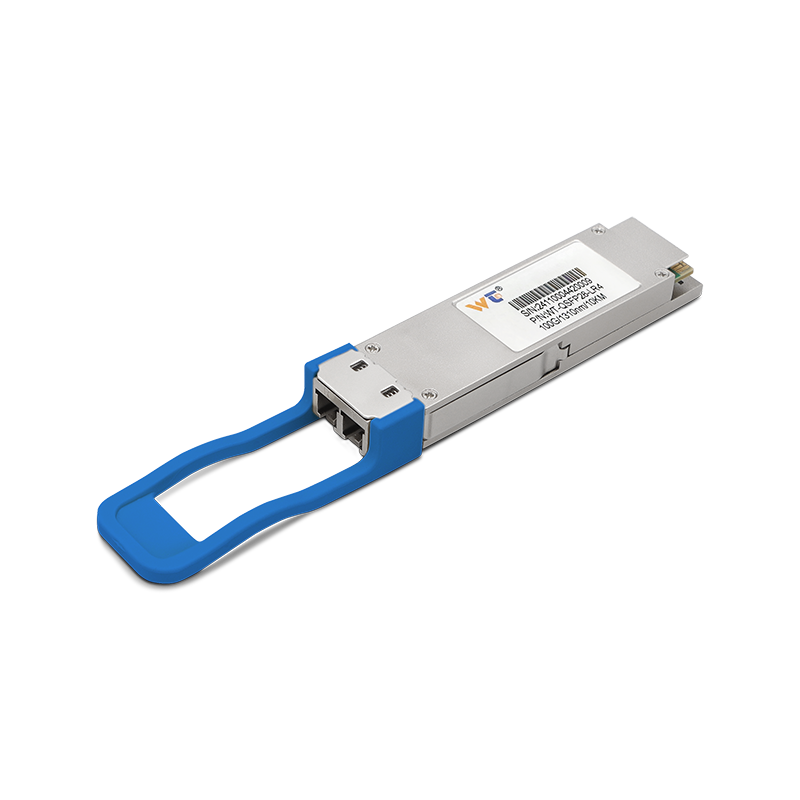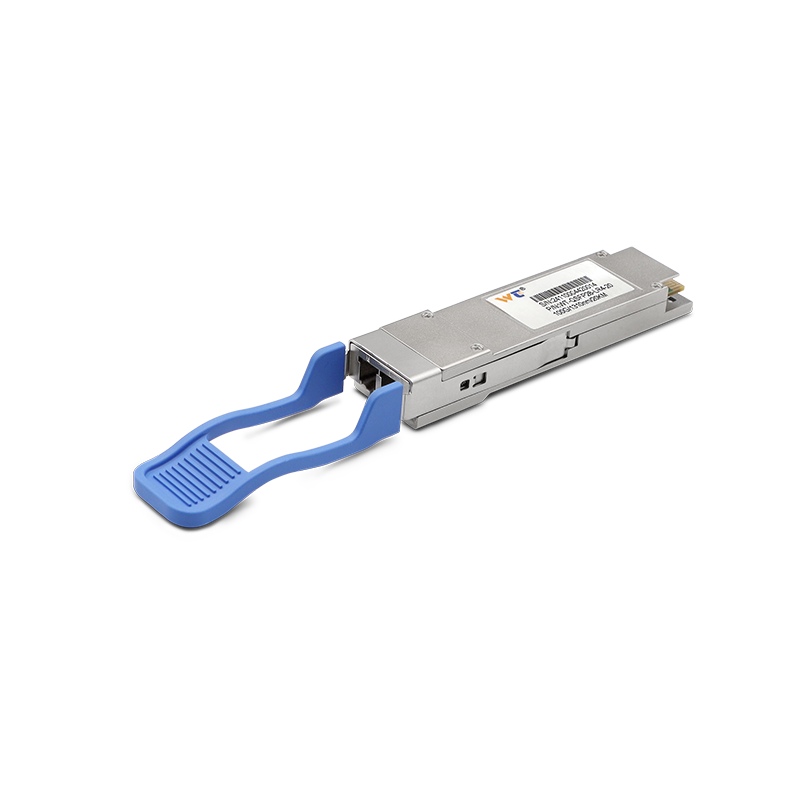In the fast-paced world of networking, the journey to becoming a certified network engineer can feel like walking through a maze of ever-changing technologies. If you're just starting out, it's easy to get overwhelmed by the sheer number of tools and certifications you could pursue. But fear not—I'm here to guide you through the process, focusing on the key skills and knowledge you need to succeed in this exciting field. The truth is, becoming a skilled network engineer isn’t just about technical prowess; it’s about developing a deep understanding of how networks operate and how to manage them effectively.
So, where do you start? The foundation is always the best place. Networking isn’t something you can fully understand overnight, but if you begin with the basics, everything else will start to fall into place. Networking protocols like TCP/IP are your starting point. These protocols essentially define how data moves across the web. Get comfortable with how they work, and you'll find yourself troubleshooting network issues much more efficiently. Alongside this, it's crucial to understand routing and switching—these concepts determine how information travels through the various pathways of a network, so mastering them gives you the tools to optimize traffic flow and keep things running smoothly.
As you move deeper into the world of networking, one area you'll quickly realize is absolutely vital: network security. With cyber threats on the rise, securing a network is no longer a "nice-to-have" skill—it's a must. You need to understand firewalls, encryption methods, and intrusion detection systems. But it's not just about keeping hackers out—it's about ensuring your network operates securely, keeping your data safe and your services reliable.
But wait, there’s more. Today, networking isn’t just about physical routers and switches; it's also about the cloud. As cloud computing becomes the backbone of modern IT infrastructure, knowledge of cloud technologies and virtualization can set you apart from the competition. These tools give you the flexibility to design scalable and efficient networks that can adapt to the ever-changing demands of businesses today. Understanding how to work with cloud platforms like AWS or Azure can significantly boost your profile in the job market.
Now, if you're wondering where to begin, here’s a step-by-step approach that can help you navigate this complex landscape:
- Get Comfortable with the Basics: Before diving into anything too complicated, familiarize yourself with the foundational concepts of networking—think OSI model, TCP/IP, and the basic functions of routers and switches.
- Hands-On Learning: Theory is important, but practice makes perfect. Set up a home lab or use virtualized environments to practice configuring real-world networks.
- Work Towards Certifications: Certifications like CompTIA Network+ or Cisco’s CCNA are great stepping stones. They validate your skills and give you credibility in the field.
- Expand into Advanced Topics: Once you’re comfortable with the basics, challenge yourself by exploring network security, cloud technologies, and automation tools like Python or Ansible. This will make you a more well-rounded engineer.
- Build a Network: Networking isn’t just about routers—it’s about people too. Engage in online communities, attend industry conferences, and connect with others in the field. Sharing knowledge and experiences is invaluable.
For those looking to stay ahead of the curve, consider this: Automation is the future. By learning tools like Ansible or scripting with Python, you can automate much of your network management, which not only saves time but also reduces the chance of human error. As networks grow increasingly complex, automation will be a skill you can’t afford to overlook.
Another exciting avenue to explore is the role of artificial intelligence in network management. The idea of AI taking over tasks like troubleshooting or predicting network failures is becoming less science fiction and more reality. It’s an area worth keeping an eye on as it could radically change the way networks are built and maintained in the future.
Now, you might be wondering, “What are the essential technologies I should focus on?” The answer is simple: master the core technologies first. Understand the fundamentals—protocols, routing, switching, and security—and build from there. Once you've got a solid foundation, you can branch out into more advanced areas like cloud computing, automation, and AI.
In response to one of the most common questions I get asked, “Where can I learn all of this?” There are a ton of great resources out there. Cisco Networking Academy offers in-depth, industry-recognized courses. Platforms like Coursera or Udemy also have excellent classes tailored to aspiring network engineers. The important thing is to pick one or two platforms and stick with them until you’re comfortable.
The most important takeaway here? Practice. Don’t just read about networking—get your hands dirty! Whether it’s through internships, real-world projects, or just setting up a small network at home, the more you practice, the more you’ll learn. Over time, this will build your confidence and competence, helping you navigate the increasingly complex world of networking.
So, to sum it all up: becoming a certified network engineer is no easy task, but with the right approach, it’s totally achievable. Focus on mastering the core technologies, gain hands-on experience, and keep pushing yourself to learn and grow. The world of networking is vast and constantly evolving, but with the right mindset and determination, you can carve out a successful career in this exciting field. Stay curious, stay driven, and let your passion for technology guide you every step of the way.






